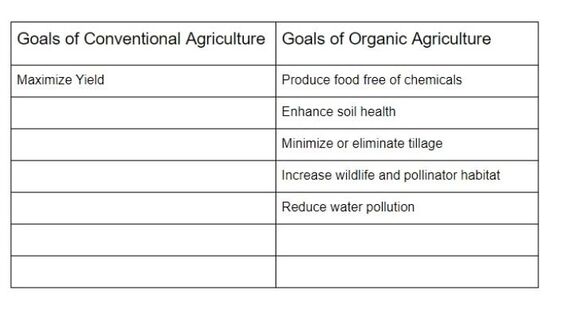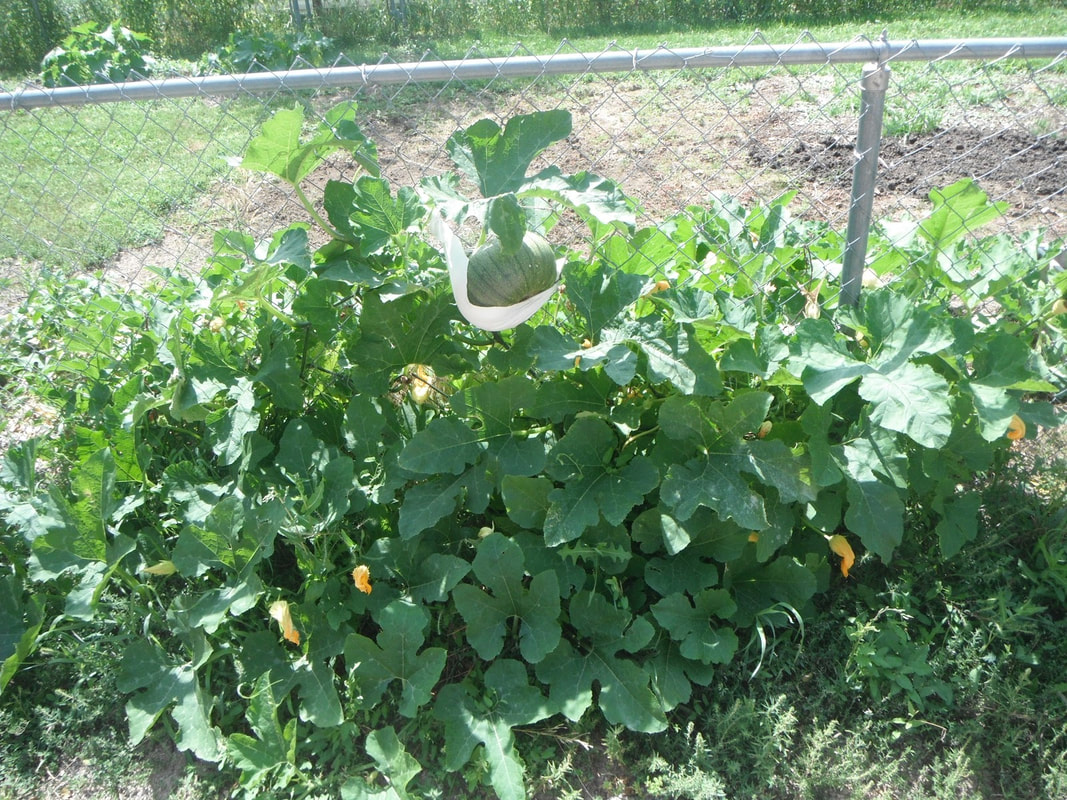 As you probably know by now the acronym F.I.R.E stands for, Financial Independence Retire Early On the face of it this is great acronym because it really sums up what the movement is in neat little phrase you can use to remind yourself what you are trying to do. The first part of the acronym is pretty clear to most people I think. Financial independence basically means you want to have enough money coming in from investments or other sources of passive income that you do not need to work to make ends meet. Retire Early The second part of the acronym is less clear to most people since what they understand as retirement is not what they want to do or what they see financially independent people do. When most people consider the phrase retire early they think, · Lounging on a beach · Playing endless rounds of golf · Constant traveling · Other leisure related activities But if you are only 45 years old when you retire do you really think that you are going to just play golf or sit on a beach all day. Probably not…. What’s more likely is right after you “retire” you will take some time off to sit on a beach or play lots of golf but after a couple months of that you are probably just going to be bored of doing that. Humans beings are not wired to just sit around and do nothing and people that were able to work hard and retire much earlier than usual are even less likely to just sit around. So get they get off their duff and they pursue what they enjoy doing. Well a funny thing happens when you get to do something you enjoy all the time. You tend to get really good at whatever it is you are doing. When you are good at something people take notice and if that something you are good at can be sold as a product or service pretty soon you have people asking you to do that very thing you enjoy doing for, MONEY…. So now you are “retired” but every now and then you get asked for help with something and then you get payed for your time or what you produce. Does that mean you are still retired? A lot of people out there will start to cry foul right about now saying that no you are not retired because you are getting payed to do work. But that is very narrow way of looking at retirement. Why does retirement mean the absence of work? All retirement really is is that you don’t have to work to meet your living expenses. By that definition once you have reached financial independence you are retired. What being retired really means is that you are free to pursue what you want to do. That can mean sitting on beach or traveling but it can also mean starting a 2 acre urban farm (my dream by the way) where you spend all summer growing and selling delicious food. Just because I don’t need the money from my farm that doesn’t mean I don’t deserve to profit from my time and expertise. So yes, you can be “retired” and still make money there is nothing wrong with that. But since there is so much hang up on the term Retire Early it might be time to ditch the retirement part of FIRE and call it something else. To that end I give you F.I.F.E Financial Independence Freedom Early Because that is all it really is you are pursuing financial independence so you can have the freedom to live your life that way to want to live it. FIRE is not about retiring it is about buying your freedom from the rat race of having to do something you don’t enjoy doing anymore. So if you get hung up the retire portion of the FIRE movement then just substitute the R for and F and you will get to the exact same place without the emotional angst. I however will be sticking with the acronym of FIRE because I have no problem understanding what the retire early portion of it really means. Plus I really like how it sounds in my head when I am considering a potentially superfluous purchase. When I am considering buying something useless I just whisper, FIRE,FIRE,FIRE To myself which reminds me what I really want from my life and to not waste it on something that wont bring real value to me.
0 Comments
 The data is in organic food can feed the world assuming the following, · Everyone become vegetarian or vegan · We reduce food waste by 50% · 100% reduction in land used to grow animals. Wheeew that seems to be a bit of a problem since the consumption of meat is going up as more countries reach a higher standard of living. What we need to do and what we’re doing are two lines on a graph getting farther apart as more time passes. But all is not lost so do not fear It is my position that organic farming can feed the world when combined with technology, development of new crop varieties and a frank assessment of how food is grown around the world. Depending on who you ask there is no way that organic farming can feed the 10 billion+ people that are predicted to be alive by 2050. (Looking at you Big AG) But the really stupid thing about that statement is we aren’t feeding the 7,701,039,711 people that are alive right now and it has nothing to do with how much food we grow. We grow enough food to give everyone on this planet enough to eat right now but as of 2016 around 11% of the world doesn’t get enough food to meet basic calorie needs. They don’t get fed because of the following, · They can’t afford it (all hail the almighty dollar) · They lack the knowledge, ability or money to grow it themselves · We waste 1/3 of all food grown · Regional conflicts cut off supplies of food The same people that will say that organic cannot feed the world will also trot out the studies that show that on average organic farming is 20% less production than conventional farming. While I do not dispute the accuracy of that research I fail to understand why it matters. I say this because the reasons people go hungry has nothing to do with how much food is grown. Take food waste for example globally with we waste 1/3 aka 33% percent of the all the food grown. Now some of this waste is unavoidable, bad weather ruins a crop or it is destroyed by fire or infested with rodents etc. But a lot of it is wasted especially in the western world because it is not pretty enough and it’s thrown out before it even gets to the person who will eat it. Food waste is a problem we can tackle with better application of technology we already have like better weather forecasting, harvest, storage and transportation equipment and education to individuals and groups on how to grow transport and process food. The unfair comparison of conventional to organic yields I want to talk a little bit more about the often cited 20% shortfall of yield when comparing organic to conventional agriculture. Comparing the two systems I believe is inherently unfair to the organic system of growing food. While both systems grow food for the consumption of humans/livestock that is where the similarities typically end and the differences begin to emerge. Laid out in the table above you can see some of the widely accepted goals of the two systems. When you look at the broad sweep of goals espoused by organic agriculture it’s no surprise that the yield is less than conventional Ag. When the only thing you worry about is yield then of course you are going to have a higher yield. This difference is made even starker when you look at the recent history of conventional agriculture. Most of the effort to improve agriculture has been geared towards supporting and improving a system that has the singular goal of improving yield. Crops were developed that produced higher and higher yields but only with the addition of chemical fertilizers to boost growth and other chemicals to control insects and diseases. Where is the industry that supports the development of crops that can naturally deter insects and resist disease without chemical inputs? Well it doesn’t exist because the same companies that develop the wonder seeds are the same ones that sell the chemicals. There is not much profit in selling hardy seeds when you can sell not so hardy seeds and chemicals to make them better. Organic Yields are not as low as they seem. So while opponents of organic farming love to trot out the 20% smaller yield number it’s really not always that low when compared to conventional farming. For example many studies have shown that soybean, field peas and other legumes show equal yields to conventional farming. For other types of crops the yield gap can be reduced to 10% by using cover crops and rotating what you grow in the field. This means that for a measly 10% loss in yield on some crops we could grow our food in a way that enhances soil, sequesters carbon, empowers local family farms and provides us with chemical free all natural food. Going Vegetarian The other claim that everyone would have to go vegetarian is not without some merit. It takes a lot of land, water and other resources to raise the amount of meat that is currently consumed in the world. As much as I love a good burger I know that as an American I eat way too much meat and that I really need to eat more veggies fruits and other plant based foods. Not only is my meat heavy diet bad for the planet it is also been well documented that it is bad for my personal health as well. 10 Billion People The big scare at the center of this whole debate of course is the number of people that are expected to be here in 30 more years. The ironic thing about this is that the rate of population growth is actually shrinking rather dramatically. It is down from 2.09% per year in 1968 to around 1% right now. That being said there are certain areas of the world that are still have a rapid growth rate and of course these same areas are already some of the hardest hit with food issues. But if things keep improving with education, technology and maybe even social justice worldwide we could get to place where we don’t even reach 10 billion and the population naturally falls over time to a number we can easily feed. That is playing the long game and is most likely not something that you or I will see but it is a possibility. Feeding the World Organically Feeding the world in an organic way is not only possible but most likely needed if we are to continue to grow enough food to feed everyone. We cannot continue to degrade the soil and damage the biosphere that supports us if we expect to continue to survive as a species. Sources: https://www.worldometers.info/world-population/ https://www.cnn.com/2013/08/20/world/famine-fast-facts/index.html https://www.worldhunger.org/world-hunger-and-poverty-facts-and-statistics/ https://www.scientificamerican.com/article/3-big-myths-about-modern-agriculture1/ http://blogs.worldbank.org/futuredevelopment/rapid-slowdown-population-growth |
AuthorHello my name is Josh Larson and I am the creator of the Green Living Library. Here on the blog you will find updates to content found in the Green Living Library as well as stories from those living the sustainable life already. Archives
December 2021
Categories
All
|
